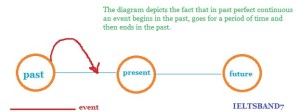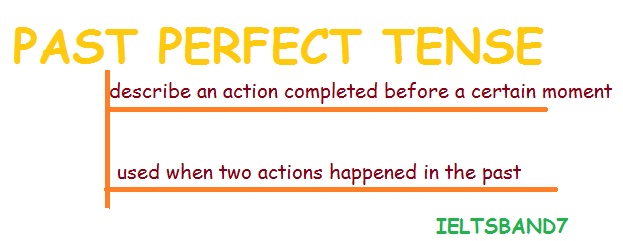Right Way OF Learning # Idioms For IELTS
There is a way of scoring high in IELTS. Cramming high vocabulary words or learning thousands of idioms or banging your head over those often confusing grammar rules is not going to help you in IELTS. What matters in IELTS or any other exam, is how well you can apply the knowledge that you have. For instance, how well you can use those vocabulary words, or those idioms in your speaking or writing.
For this week, let us focus on five idioms and make use of them in the various letters you write or the essays you practice or the speaking tests you work on. By the end of this week, I will update the various posts I have used the following idioms, hoping that you will share the work you have done. Let us begin.
- BREAK THE NEWS
-
SENTENCE – Taylor and Calvin are going to get married next month, but they haven’t yet broken the news to their friends.
MEANING – to make something known. - COST AN ARM AND LEG
-
SENTENCE – The fee of the college costed me an arm and leg.
MEANING – to be very expensive - DEAD-END JOB
-
SENTENCE – Rihanna realised that the job as a cashier was a dead-end job.
MEANING – a job that won’t lead to anything else - FACE IT
-
SENTENCE – Let us face it, Hitler will soon send us to the chambers.
MEANING – accept a difficult situation. - GIVE ONE THE CREEPS
-
SENTENCE – That movie on zombies gives me creeps.
MEANING – to create a feeling of disgust or horror


